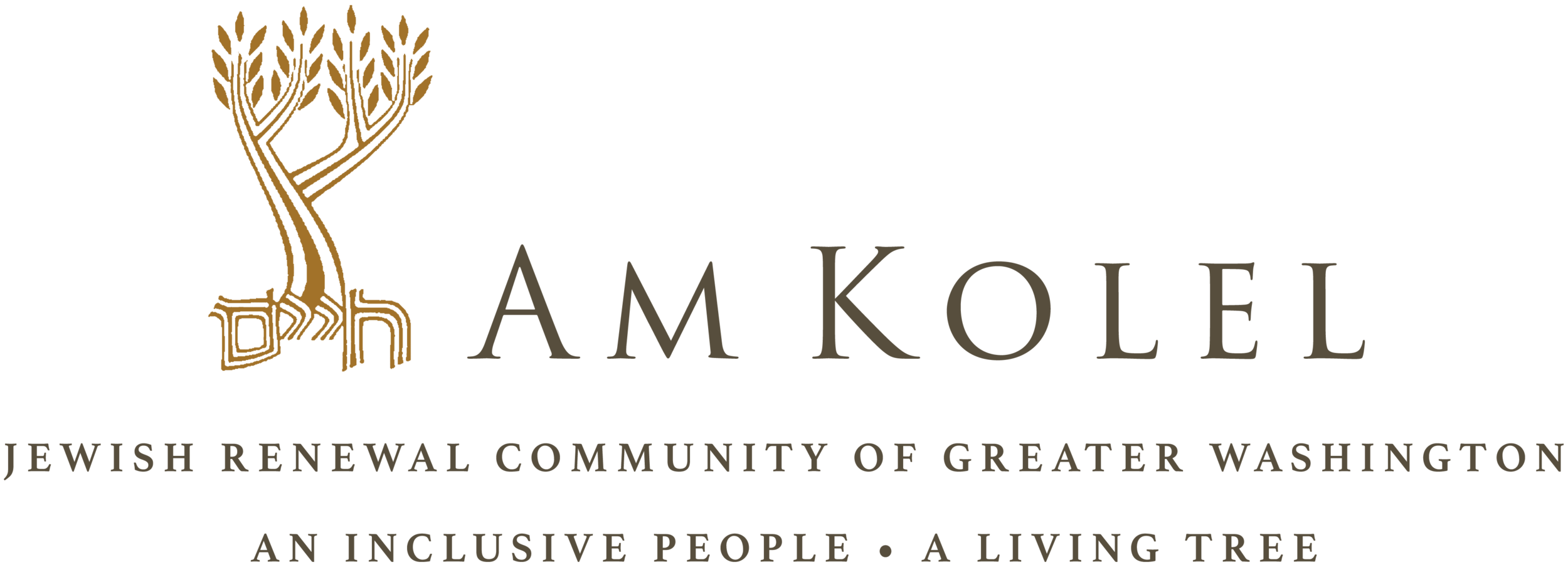Are you planning a trip to Israel? The West Bank? Do you have an updated guidebook? Is it safe?
Are you planning a trip to Israel? The West Bank? Do you have an updated guidebook? Is it safe?
In this week’s Parsha we learn about the scouts that Moses, wisely, sends into the land of Canaan, the Promised Land. While discovering a land of “milk and honey”, ten of the twelve scouts are discouraged by the “the powerful people there” and the “giants.” While two of the scouts, Caleb and Joshua, were adamant about taking the risk and having the courage and faith to succeed, they were outvoted. There’s a revolt in the Israelite camp and the people want to return to Egypt! God is horribly upset and wants to destroy them all. Sounds like what happened back at the Golden Calf scene. Once again, Moses talks God out of it. Since it was clear this slave generation was not prepared to enter the land, God declares a 40 year learning period while a new generation, free of the trauma of oppression, can enter the Land of Promise.
Nonetheless, a segment of the enslaved generation asks for forgiveness and is determined to move forward. But clearly, as Moses pleads with them, they are not ready. There are steps that are needed to enter the Land of Promise. They need to make certain sacrificial offerings, to build a relationship with God and build relationships with others in their community. They need to understand and know the significance of the Sabbath. There’s a verse in the Parsha that condemns a person to death for gathering sticks on the Sabbath. What is so important about the Sabbath that the community would pelt the transgressor with stones? Did it actually happen?
What is it today that holds us together as a people, as families, and as our own person? This Parsha also contains the instruction to wear tzitzit on the four corners of garments. The Tzitzit, we learn, serve as visual reminders of the teachings to do acts of kindness and how to live a sacred life. The mitzvot are connectors to the Source of Life itself. They are sacred ornaments.
Our journey, then and now, is informed by our rights actions and our hope in the future.
B’Shalom,
Reb David
